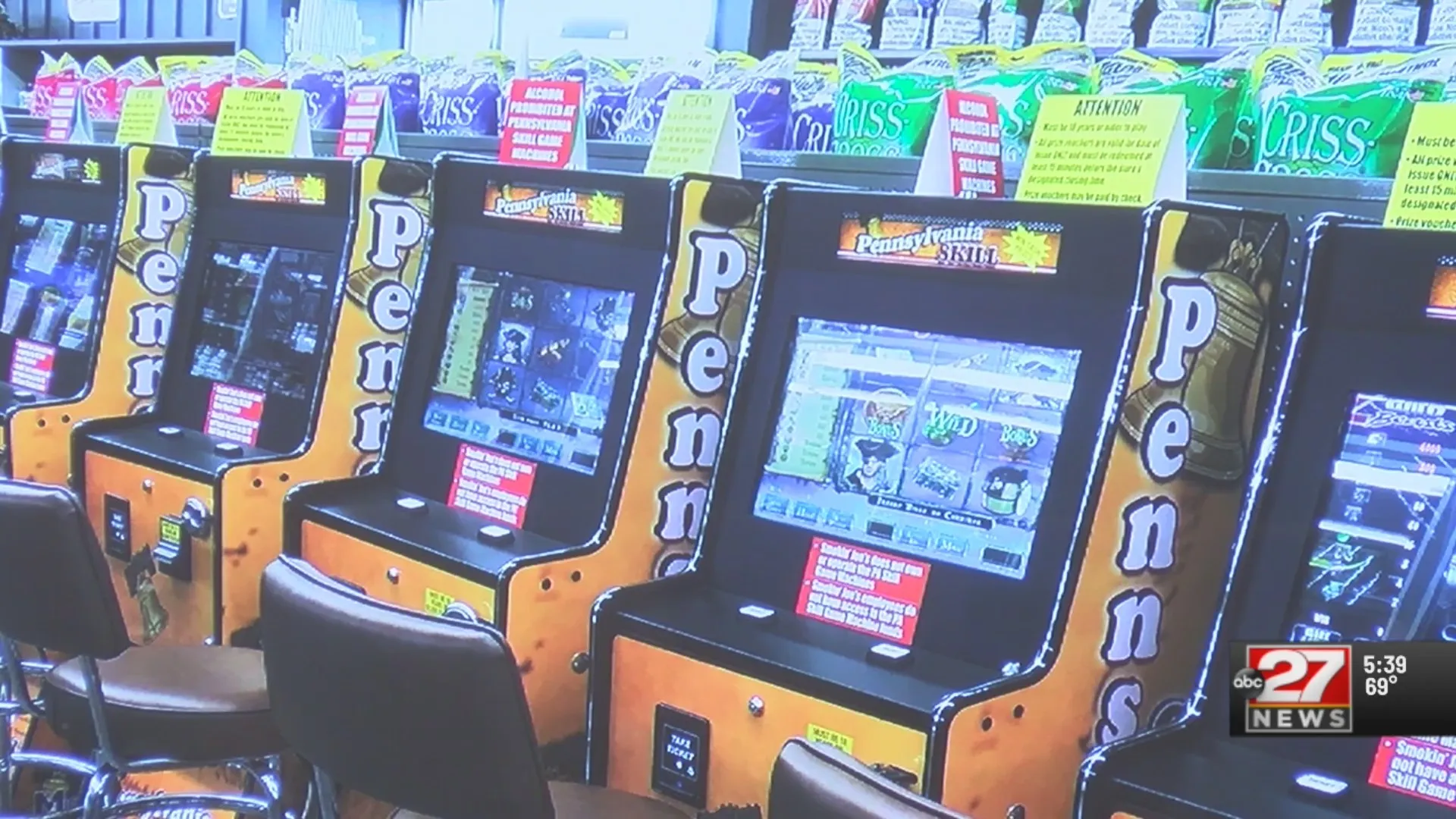Pennsylvania Court Blocks Attempt to Ban Skill Games

Pennsylvania skill games had reason to celebrate this week as they secured a major victory in the legal arena. The state’s Commonwealth Court stood firmly behind a previous decision made by a lower county judge, solidifying their triumph.
The judge’s final decision asserted that skill game terminals, often encountered in various settings, including restaurants, bars, convenience stores, and private clubs, should not be labeled as unlawful gambling apparatus.
The declaration of the Commonwealth Court was a clear verdict in which all seven judges unanimously agreed. This momentous decision, published on Thursday, stated that the so-called skill games, which bear a striking resemblance to the conventional slot machines found within the physical casinos of the state, should not be classified as a form of gambling due to their similar appearance, sound, and functioning.
The Commonwealth Court initiated its evaluation following an appeal made against the ruling of Judge Andrew Dowling in Dauphin County. Back in March, Judge Dowling concluded that skill games were not in breach of Pennsylvania’s Gaming Act or Crimes Code.
The pivotal factor for a game to be deemed as gambling, as emphasized by Judge Dowling, is the dominance of chance over skill. Dowling states that the player is the main carrier of chance in skill games, as opposed to conventional slot or gambling machines where chance is an inherent attribute of the machine.
Due to this decision, the judge demanded the immediate restitution of skill gaming machines that had been previously confiscated by the state police, along with all the cash that had been seized during skill gaming operations.
Pennsylvania Skill remains the favored skill gaming sensation in the state, courtesy of Pace-O-Matic (POM), a company operating out of Georgia. At the same time, Pennsylvania’s Miele Manufacturing takes charge of producing and supplying the gaming cabinets.
Unlike the traditional Las Vegas-style slot machines, which reveal outcomes automatically, Pennsylvania skill games such as Pennsylvania Skill demand players to actively discern a triumphant payline for themselves.
Supporters contend that the mastery of players is essential, as they are required to identify the victorious combinations amidst the animated reel icons.
Gamers are presented with a challenge of deciphering nine symbols and aiming to create winning patterns by aligning three identical symbols in a vertical, horizontal, or diagonal manner. They are granted a brief timeframe of 30 seconds in each round to swiftly tap on the terminal before it comes to an end.
The Commonwealth Court underlined the significance of skill in determining a player’s outcome during gameplay.
Judge Lori Dumas, in her majority opinion, ruled that the POM machines in dispute cannot be classified as slot machines within the common definition. As a result, she declared these electronic games to be non-illegal.
In a different approach, Judge Dumas determined that the POM machines cannot be considered gambling devices, thus escaping the label of derivative contraband. This conclusion stems from the application of the Court’s predominant factor test.
Attorney Susan Affront, acting on behalf of Pennsylvania Attorney General Michelle Henry, has officially declared their intent to contest the verdict of the Commonwealth Court before the Pennsylvania Supreme Court. A forthcoming appeal looms on the horizon.
Pennsylvania’s casinos are engaged in an ongoing debate surrounding the impact of skill games on their operations. The issue is exacerbated by the stark disparity in taxation, as slot machines are subject to a hefty effective tax rate of 54%. However, skill games currently enjoy the advantage of being exempt from any form of taxation, intensifying the controversy even further.
Skill gaming companies have made a remarkable proposal to bring their games within the legal framework and subject them to taxation. Their intention is to enhance player trust and create a well-regulated atmosphere. Initiatives have been taken in Harrisburg to pass laws that both legalize and impose certain limitations on these games, highlighting the ongoing discussions about their legal status.
- Other news categories:
- SlotsUp's news





